But don't worry, experts will share some great tips that can help you digest easier.
What foods cause bloating?
Bloating is caused by gas, which is produced by bacteria in the colon. High-fiber foods like beans, broccoli, cauliflower, and Brussels sprouts tend to produce more gas. Another common culprit is dairy.
Artificial sweeteners and carbonated drinks also cause bloating, according to Yale New Heaven Health, a news site at Yale University School of Medicine (USA).
Great tips while eating to prevent bloating

The holiday season is a time for lavish feasts, more snacking, more sugary drinks and more desserts than usual.
Dr. Raquel Rozner, a gastroenterologist and hepatologist and member of the American Gastroenterological Association, offers these tips to reduce bloating:
- Pay attention to your portion sizes, eat slowly, and chew thoroughly. Eating too much or too quickly can lead to digestive upset. Eat regularly and on time because being too hungry can lead to overeating.
- Eating too quickly or talking during a meal can lead to not chewing enough. This can cause the digestive system to work harder to process the food, leading to bloating. Therefore, it is important to eat slowly and chew thoroughly.
- Focus on lean protein and vegetables.
- Be careful when eating foods high in fiber or milk.
- Eat less noodles or rice at each meal, according to Yale New Heaven Health.
Great tips to reduce bloating after overeating
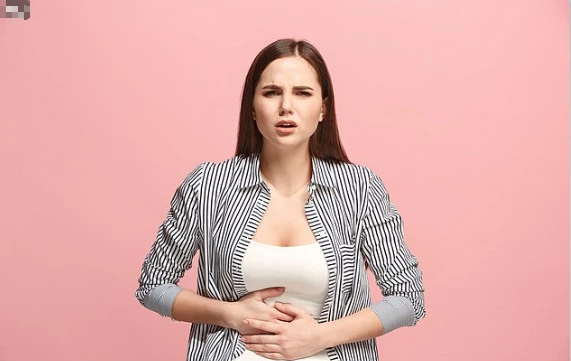
Flatulence is caused by gas produced by bacteria in the colon.
Even with these tips, you may still experience bloating. Rest assured, here's how to ease your post-meal discomfort.
Drink ginger tea. Ginger can help relieve bloating, thanks to its properties that calm the bowels, reduce gas in the intestines, and reduce the feeling of bloating. You can suck on ginger candy, drink ginger tea, or eat pickled ginger after meals.
Drink enough water. Drinking enough water also helps reduce bloating. Water is needed to move broken down food through the digestive tract. It is best to spread water intake throughout the day, about once an hour.
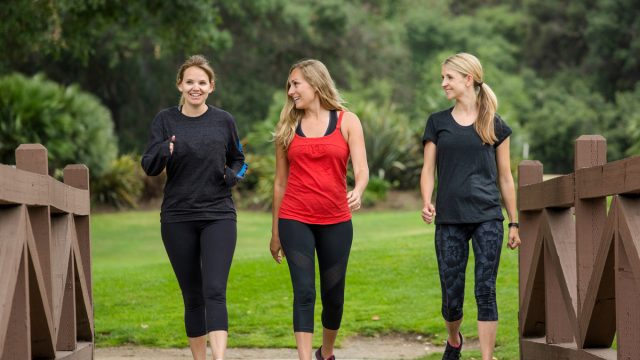
After eating, do light activities such as light housework or taking a walk.
Get moving. Movement is a great tool for digestion. After eating, do some light activity like doing light housework or going for a walk. This can aid digestion and reduce bloating.
Lie on your left side. If you're experiencing bloating, try lying on your left side to aid digestion, moving broken-down food through your stomach and intestines. But remember to walk around and sit for a while after eating instead of lying down right away, according to health news site Eat This Not That!.
Take digestive enzymes. An imbalance of digestive enzymes in your gut can cause uncomfortable bloating. Digestive enzymes containing several different types of enzymes may be helpful.
Additionally, taking a daily probiotic supplement may also help reduce bloating.
Eat smaller meals afterward. Sometimes bloating is caused by an overload of food in the digestive tract. So if you experience bloating after lunch, avoid a large dinner and instead eat 2-3 light meals or eat an easily digestible soup to reduce bloating.
Avoid carbonated water. The carbonation in carbonated water can increase feelings of bloating. Although water helps reduce bloating, carbonated water can make it worse. Avoid carbonated drinks immediately before, during, and after eating. This can reduce bloating and reduce the likelihood of bloating occurring. If you like, drink carbonated water away from meals or only as a snack.
Source link


![[Photo] Looking back at the impressive moments of the Vietnamese rescue team in Myanmar](https://vstatic.vietnam.vn/vietnam/resource/IMAGE/2025/4/11/5623ca902a934e19b604c718265249d0)

![[Photo] "Beauties" participate in the parade rehearsal at Bien Hoa airport](https://vstatic.vietnam.vn/vietnam/resource/IMAGE/2025/4/11/155502af3384431e918de0e2e585d13a)



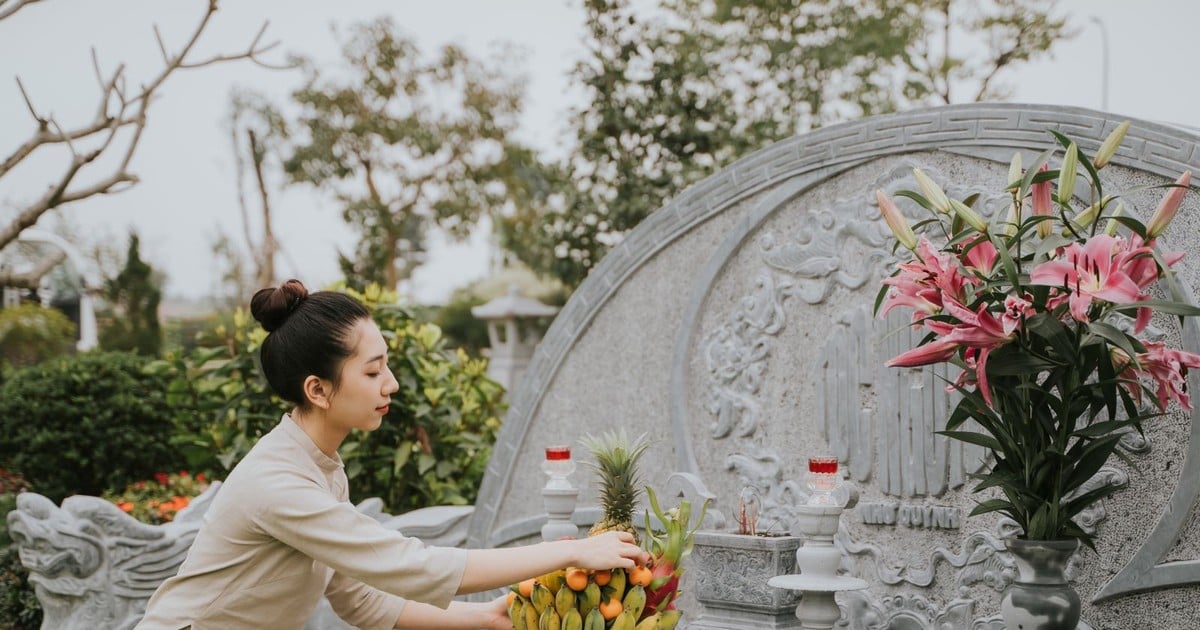

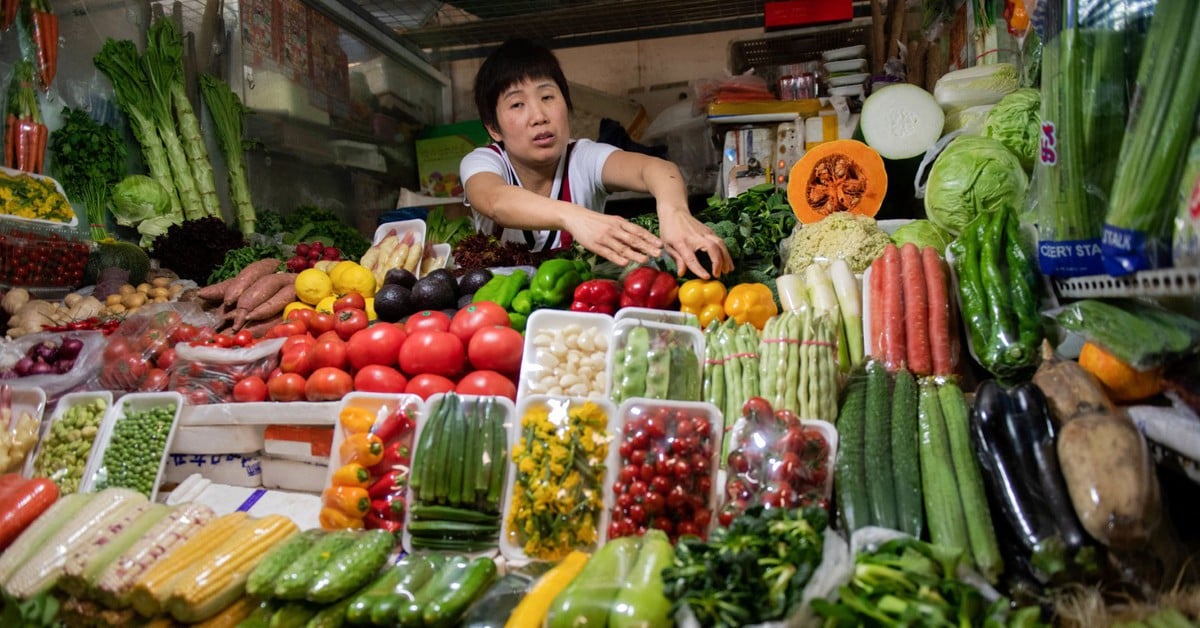

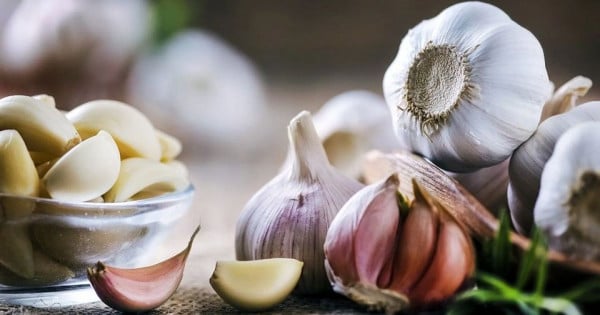



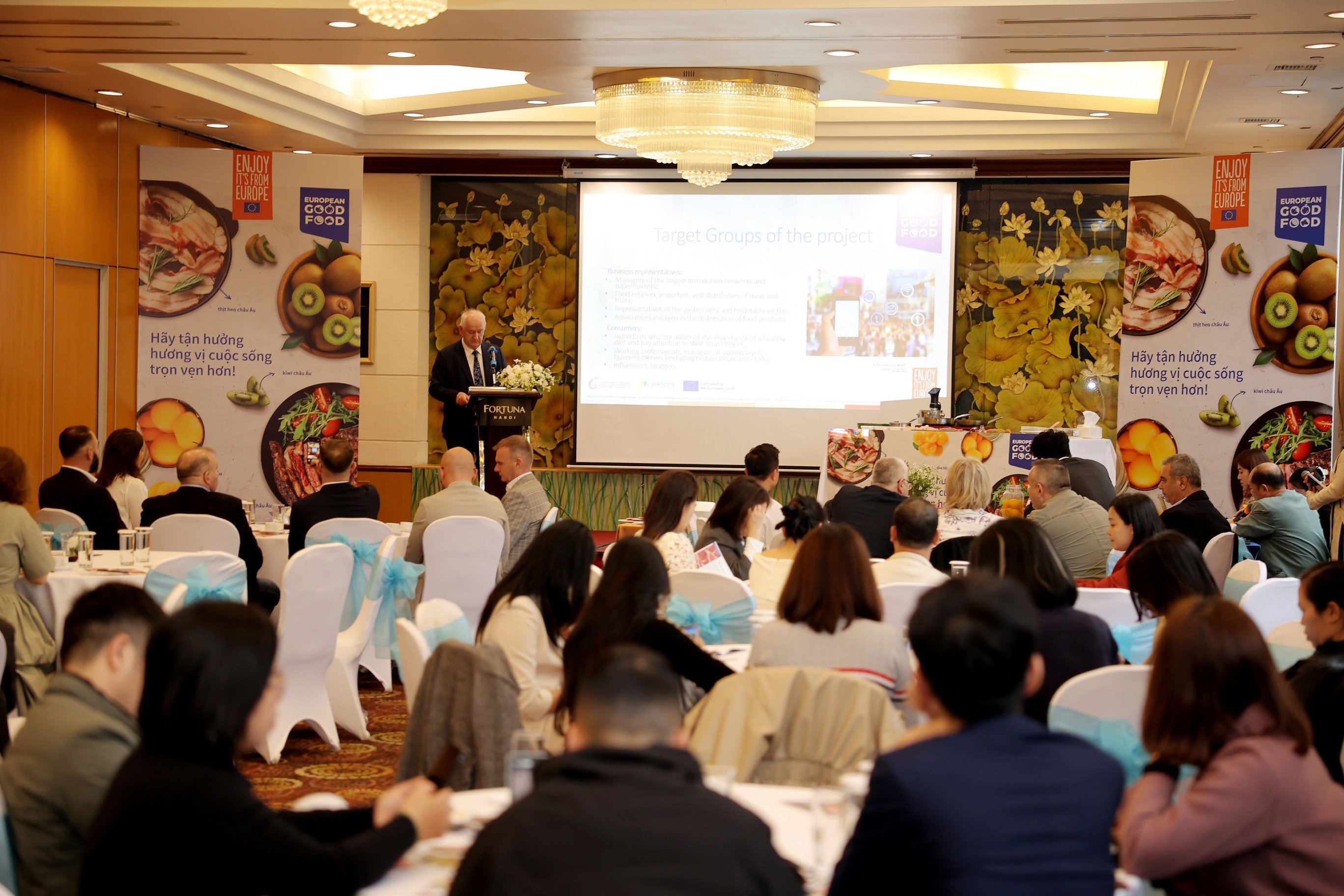

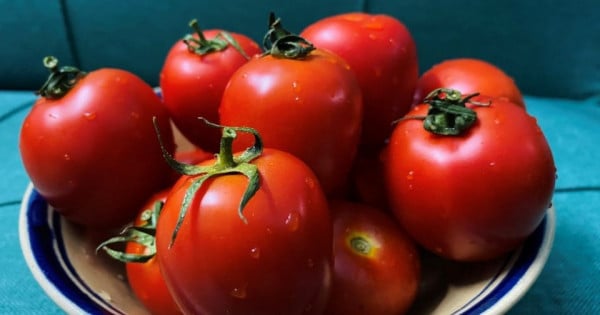
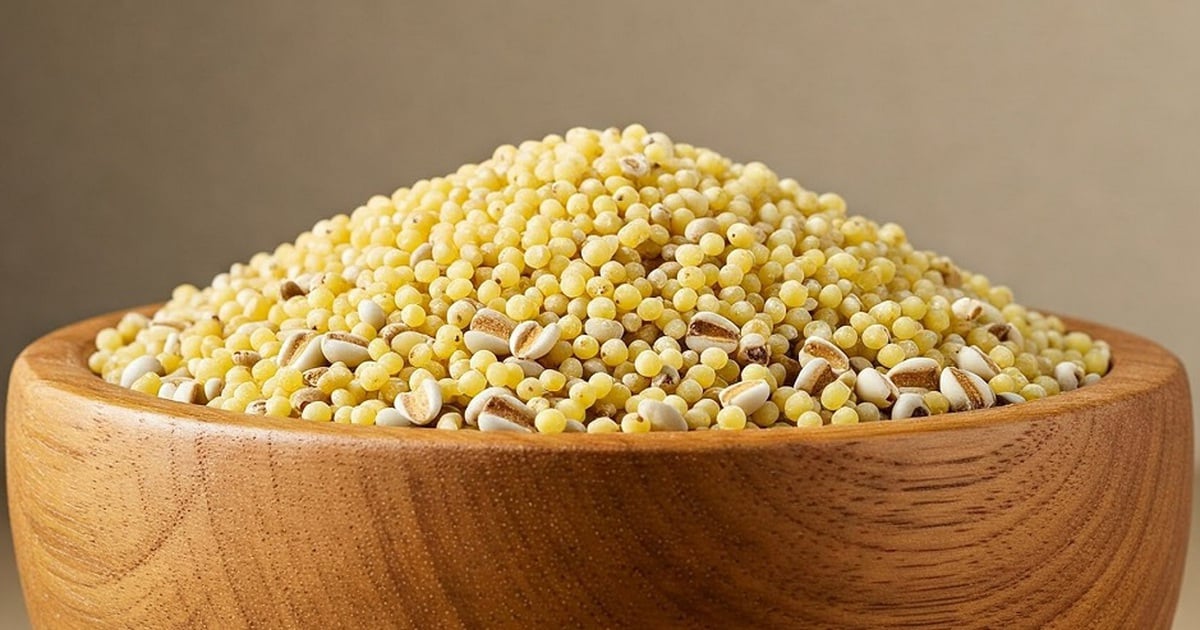
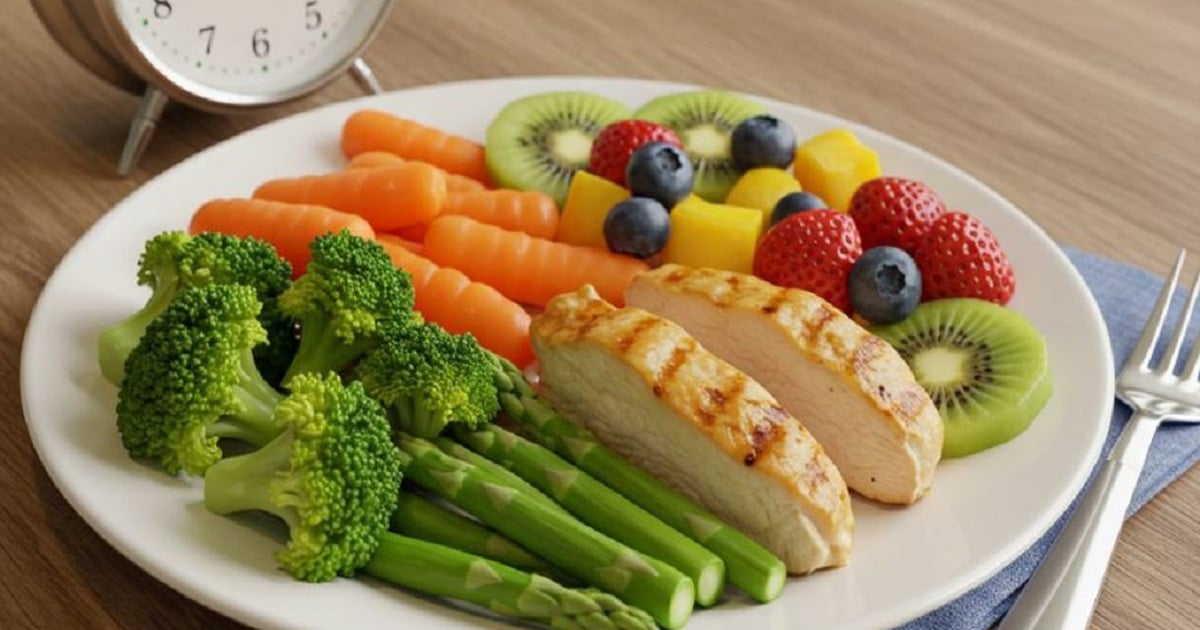
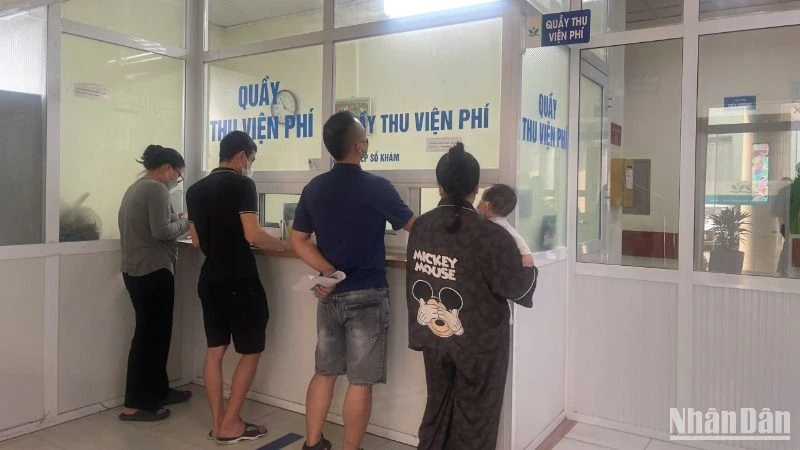
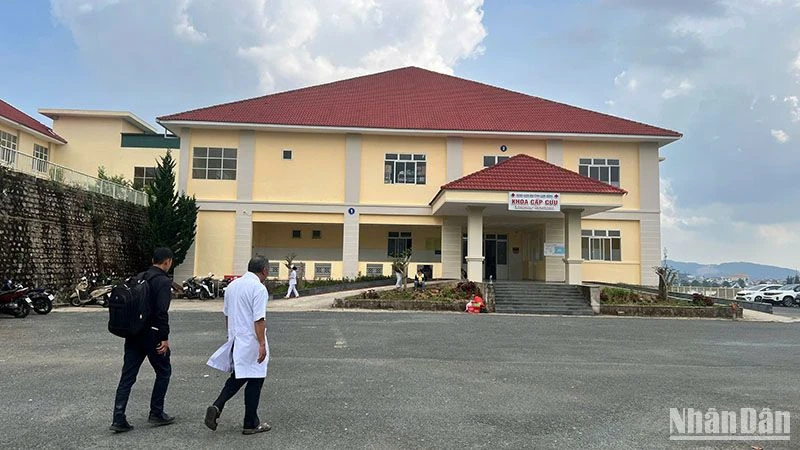
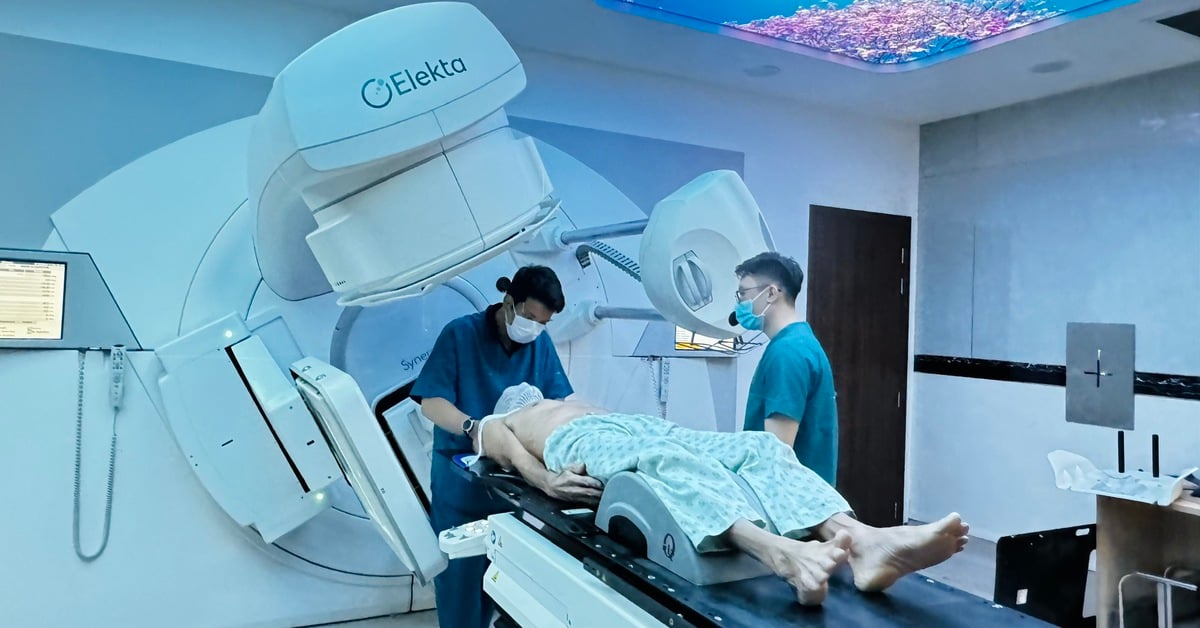
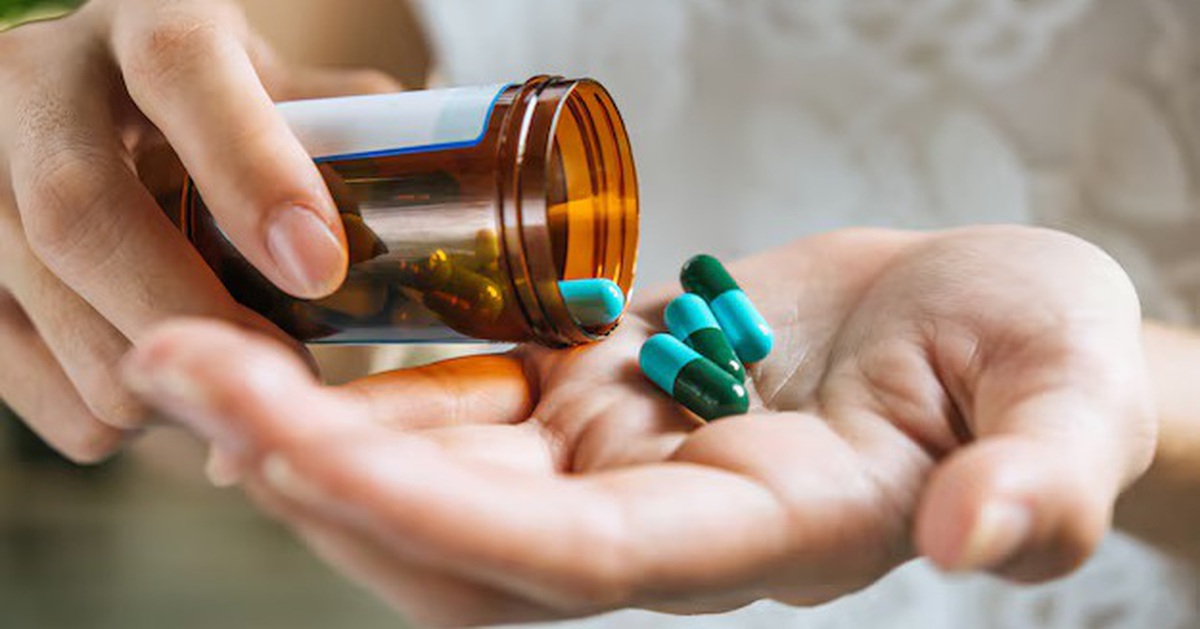



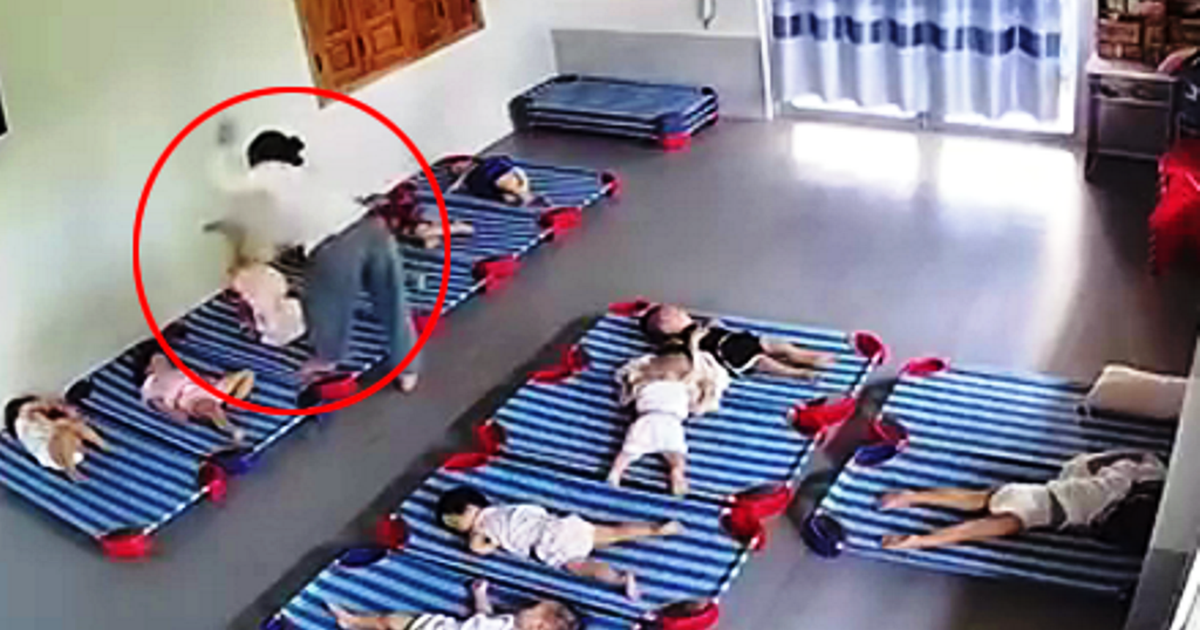

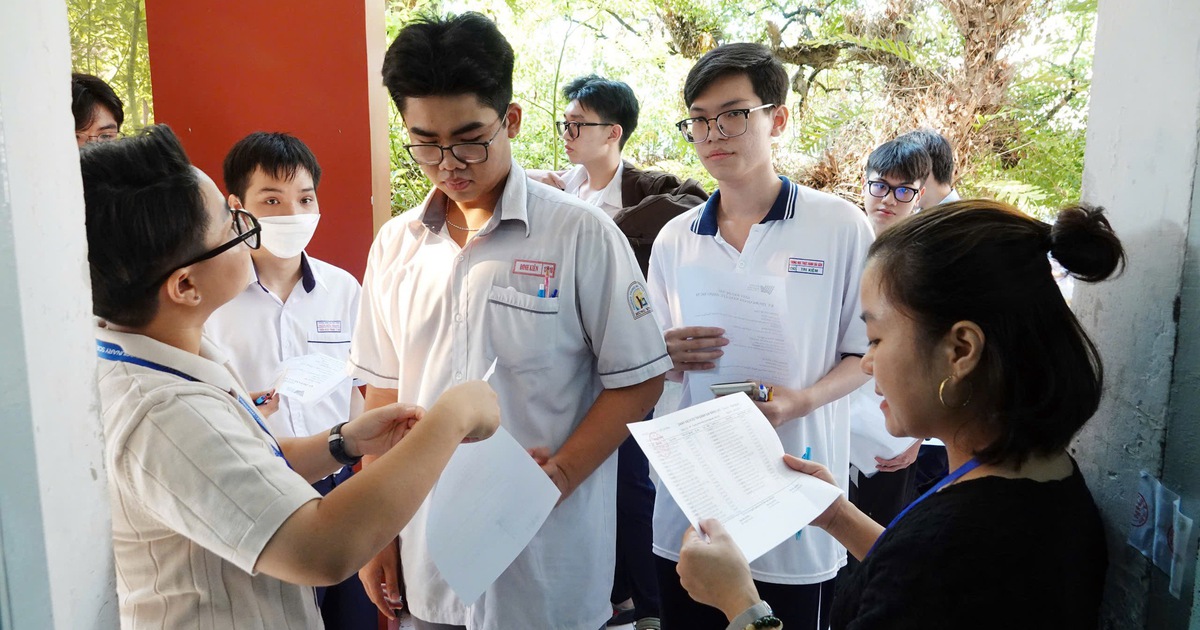

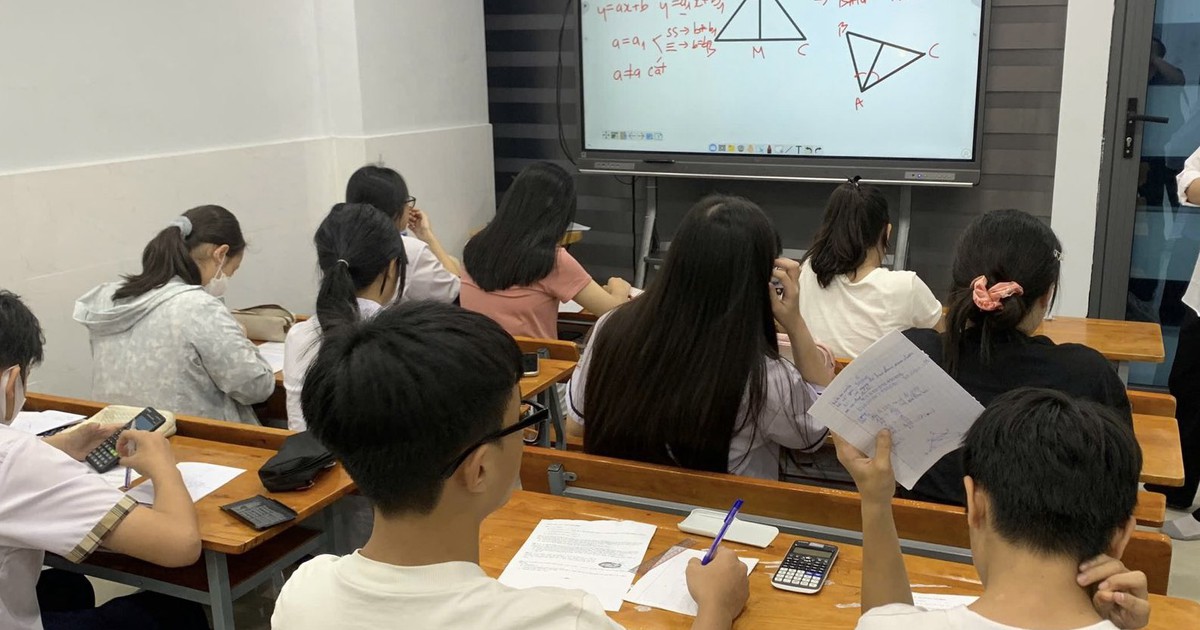
![[Photo] Summary of parade practice in preparation for the April 30th celebration](https://vstatic.vietnam.vn/vietnam/resource/IMAGE/2025/4/11/78cfee0f2cc045b387ff1a4362b5950f)








































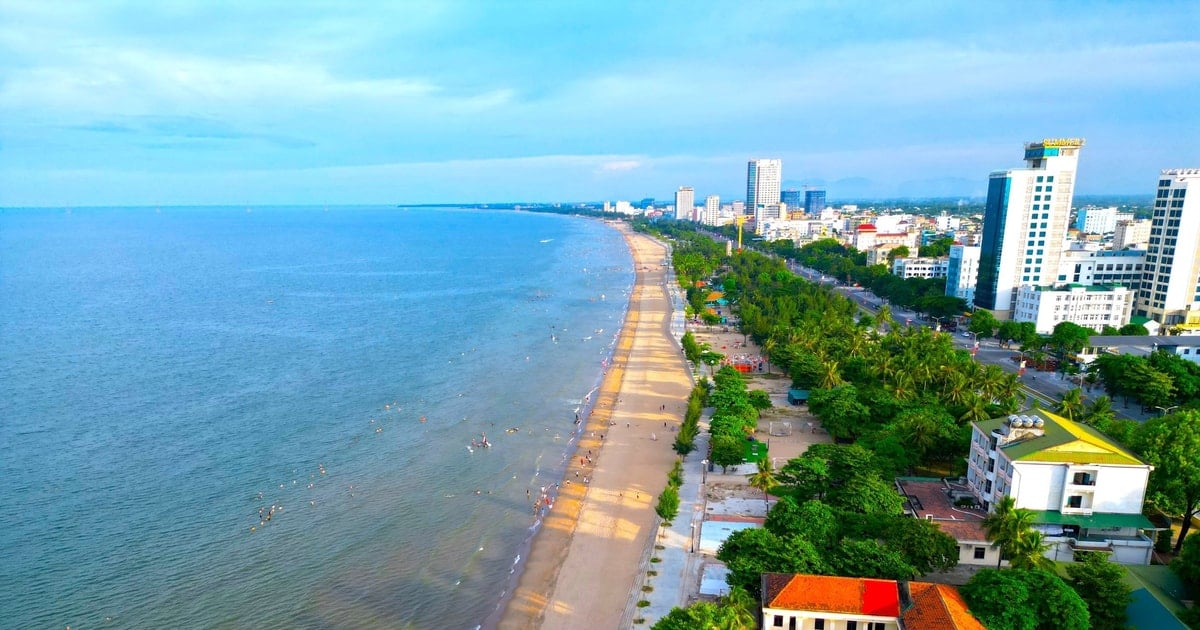

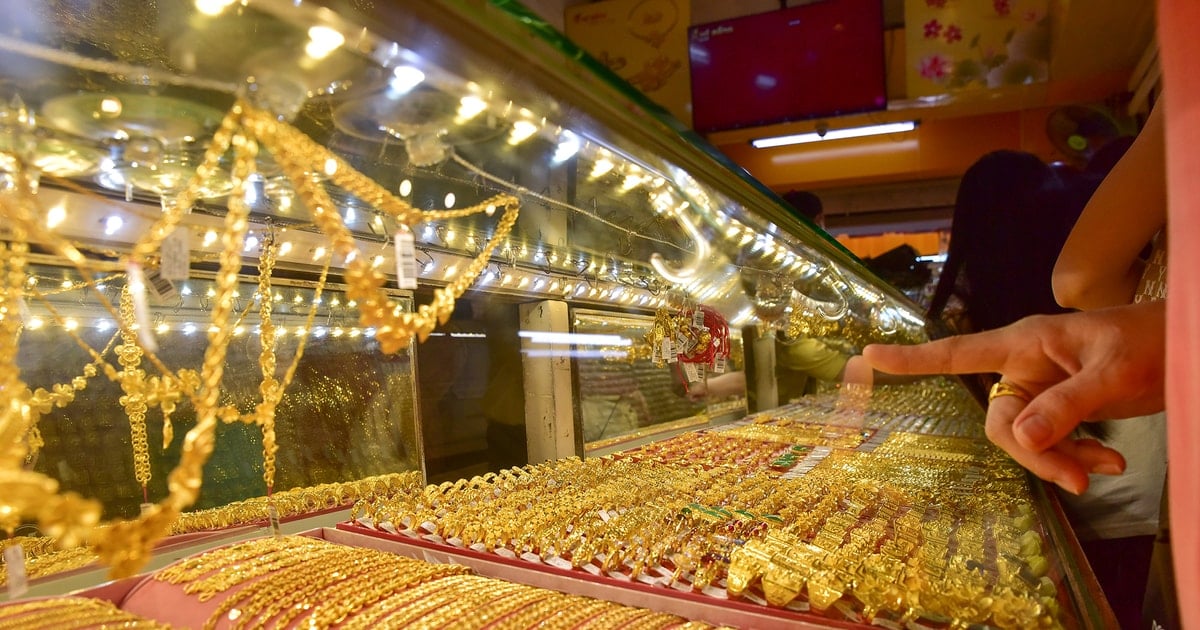















Comment (0)